
Celebrating one year of RSC Mechanochemistry!
It has now been one year since RSC Mechanochemistry accepted its first article! To mark the occasion, we have been reflecting on some of the key milestones and excellent articles that have been published so far in our journal.
Looking back at some of our popular articles
We have published almost 100 articles over the past year! Have a visit of some of our most popular articles from 2024.
Mechanochemistry enabled highly efficient solvent-free deoxygenation of phosphine oxides in air

Kinetics of primary mechanochemical covalent-bond-forming reactions
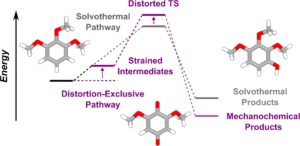
Protecting-group-free mechanosynthesis of amides from hydroxycarboxylic acids: application to the synthesis of imatinib
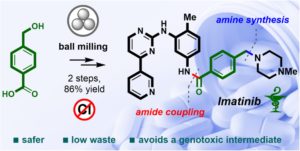
In situ investigation of controlled polymorphism in mechanochemistry at elevated temperature
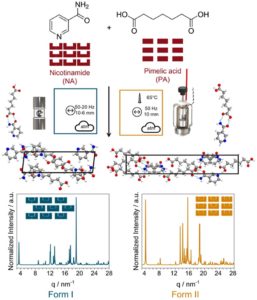
Synthesis of short DNA and RNA fragments by resonant acoustic mixing (RAM)
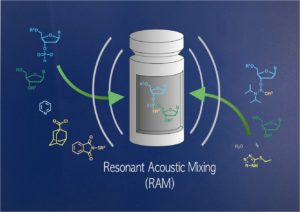
Moving Mechanochemistry Forward
Have you seen our latest editorial?
Moving mechanochemistry forward is the first in a new editorial series in RSC Mechanochemistry.
This editorial highlights the challenges faced in the field of mechanochemistry, and possible future developments in the field. The editorial series invites the community to contribute to, and outline topics and hopefully lay out challenges, which will enable us as a community to come together to move mechanochemistry forward.
Keep an eye out for this series and new editorials which will be published throughout 2025!
Authored by our Editorial Board members, James Batteas, Kerstin Blank, Evelina Colacino, Franziska Emmerling, Tomislav Friscic, James Mack, Jeffrey Moore, Maria Elena Rivas Velazco and Wilfred Tysoe.
Welcoming our inaugural Advisory Board
We introduced our inaugural Advisory Board comprised of 34 internationally renowned researchers working across the field of mechanochemistry.





Find out more about our Advisory Board members and their current research interests in our blog series.
Watch back: 2024 RSC Mechanochemistry Showcase webinar
Did you miss our RSC Mechanochemistry Showcase Webinar in 2024?
Our Showcase featured the RSC Mechanochemistry Editorial Board discussing their vision for the journal and board members showcasing selected articles from the research already published.
Watch back the 2024 RSC Mechanochemistry Showcase any time via:
- our Youtube channel here
- on WeChat here.
Community Highlights
Our Executive Editor, Laura Fisher and joint Editors-in-Chief, Tomislav Frisic and James Batteas were featured earlier this year in Cosmos Science Magazine! The article titled “The daily GRIND” explores how mechanochemistry is changing science and industry, offering exciting solutions for sustainable material processing.
Have a read here!
Meet our authors
Our authors have provided some excellent interviews in which they discuss their articles and wider research. Explore the “Hear from our authors” series to find out more and submit your next piece of work to RSC Mechanochemistry to receive additional promotion for your research.
Latest journal news
RSC Mechanochemistry is now indexed in the Directory of Open Access Journals (DOAJ)! This is a mark of quality and trust, and it is the first step on our journey to ensure your research in the journal is as discoverable as possible.
Keep an eye on our journal webpage and sign up for our e-alerts to stay up-to-date with the latest journal news.

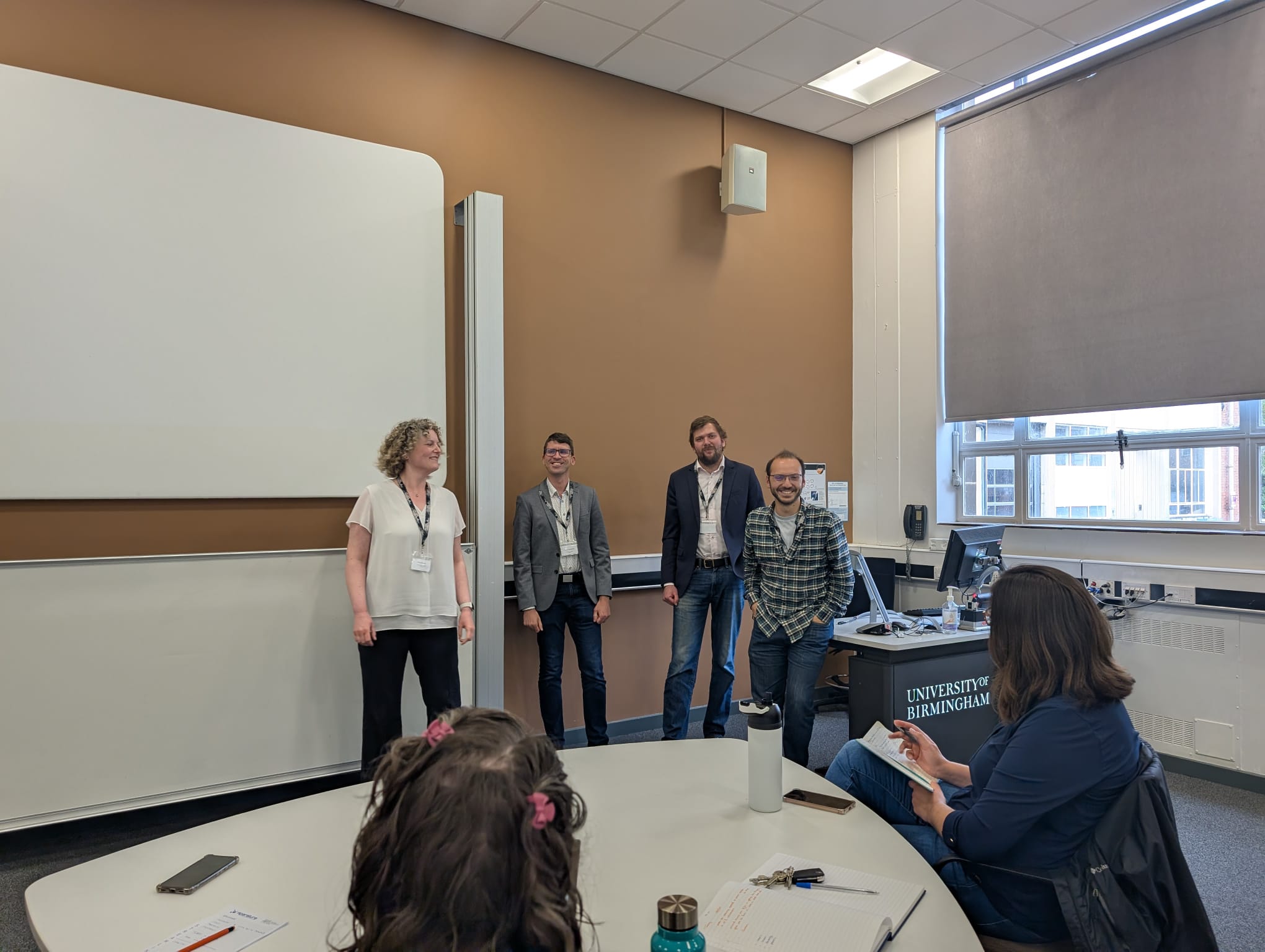
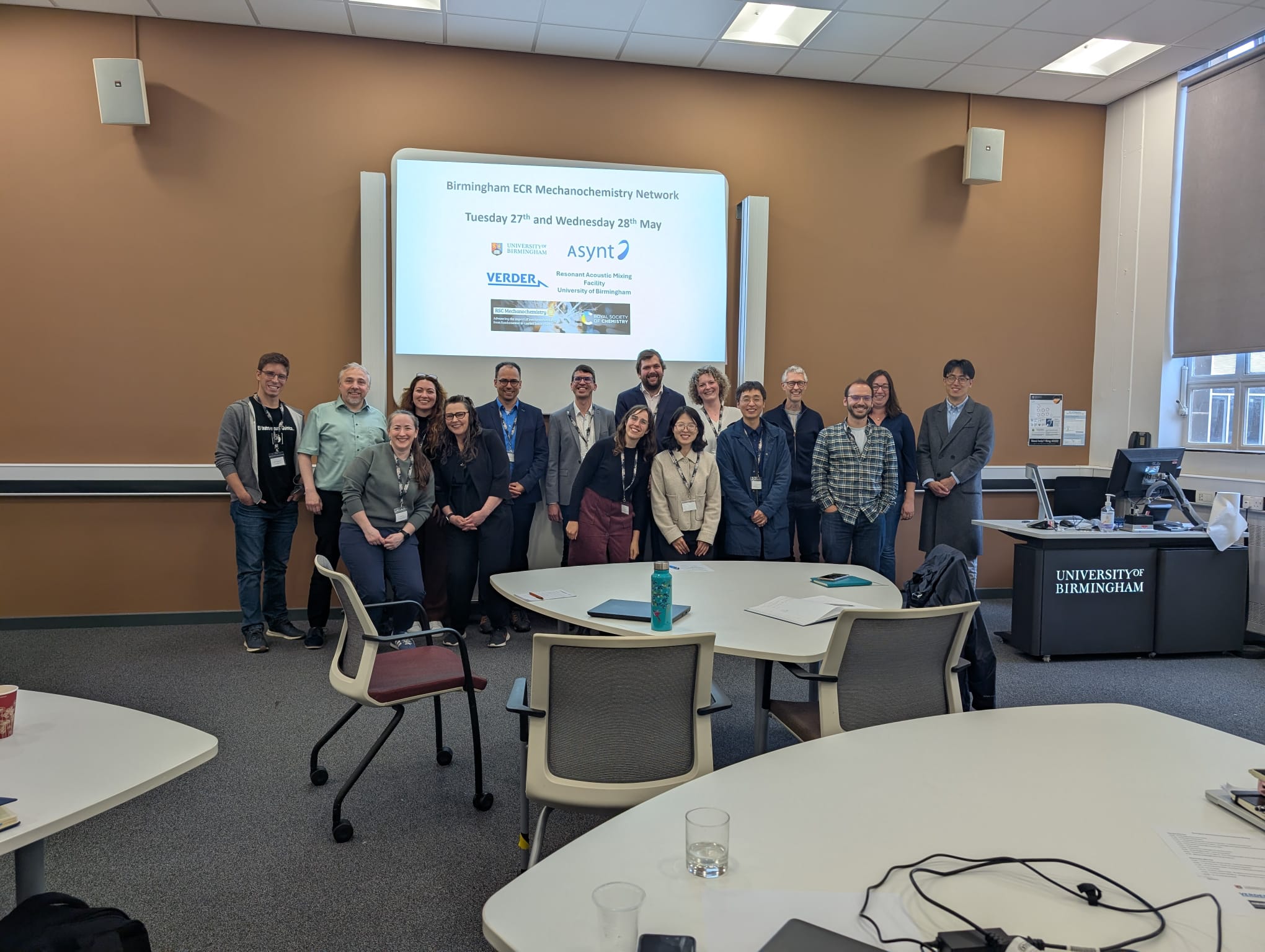
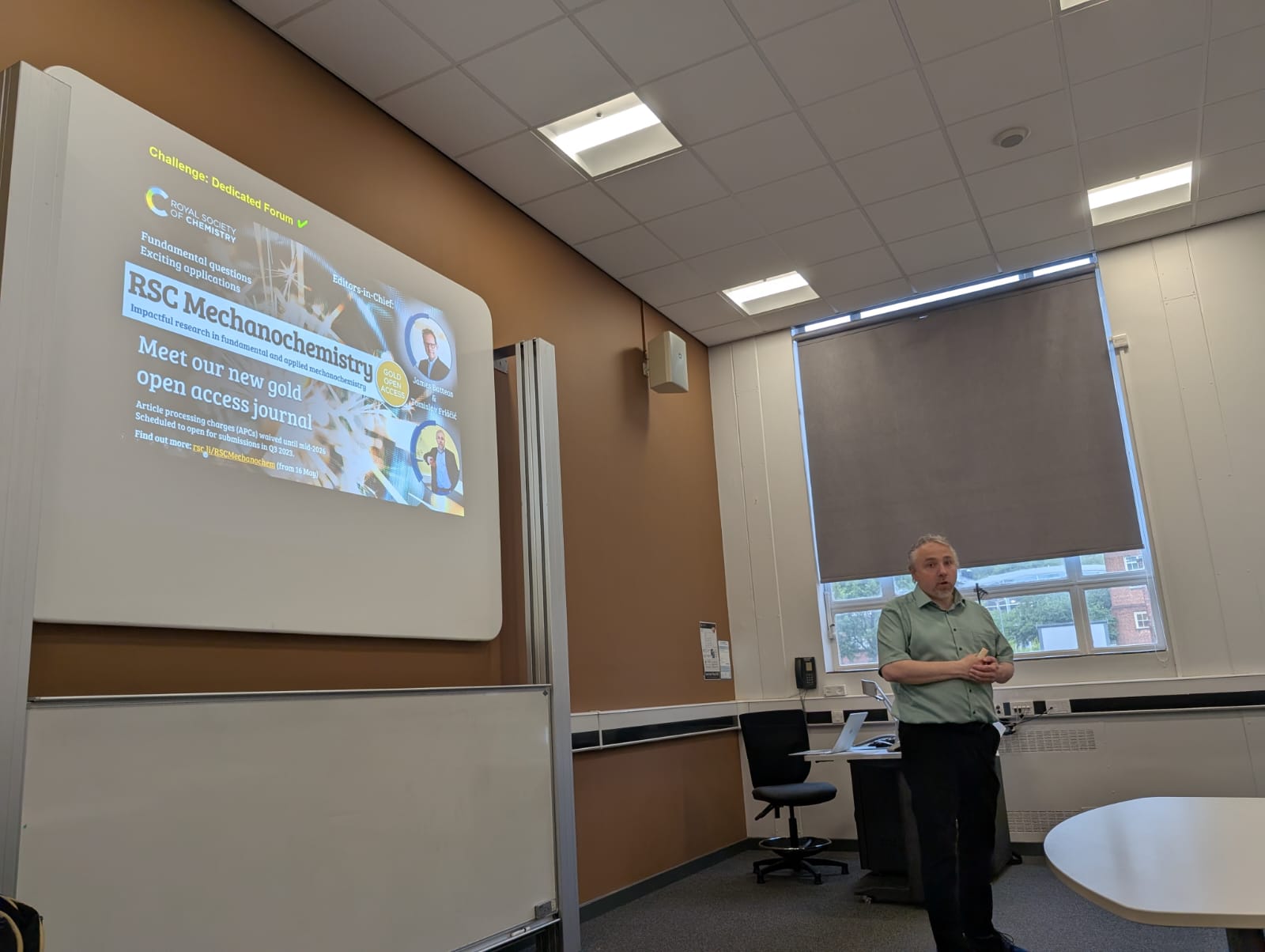


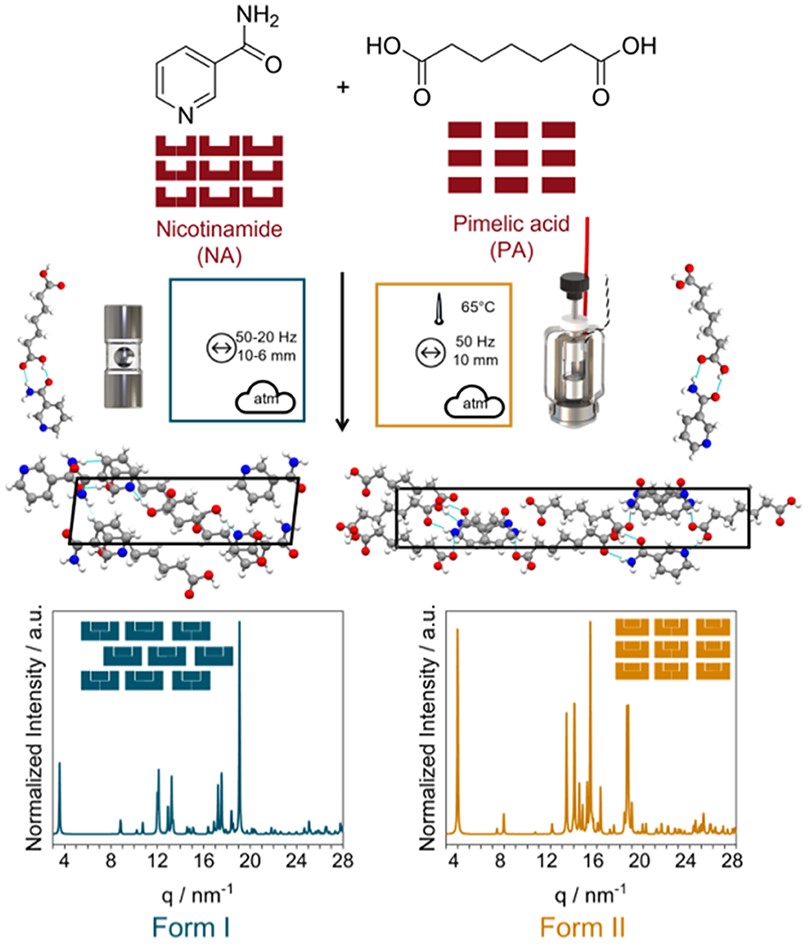

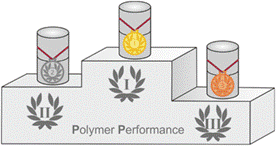
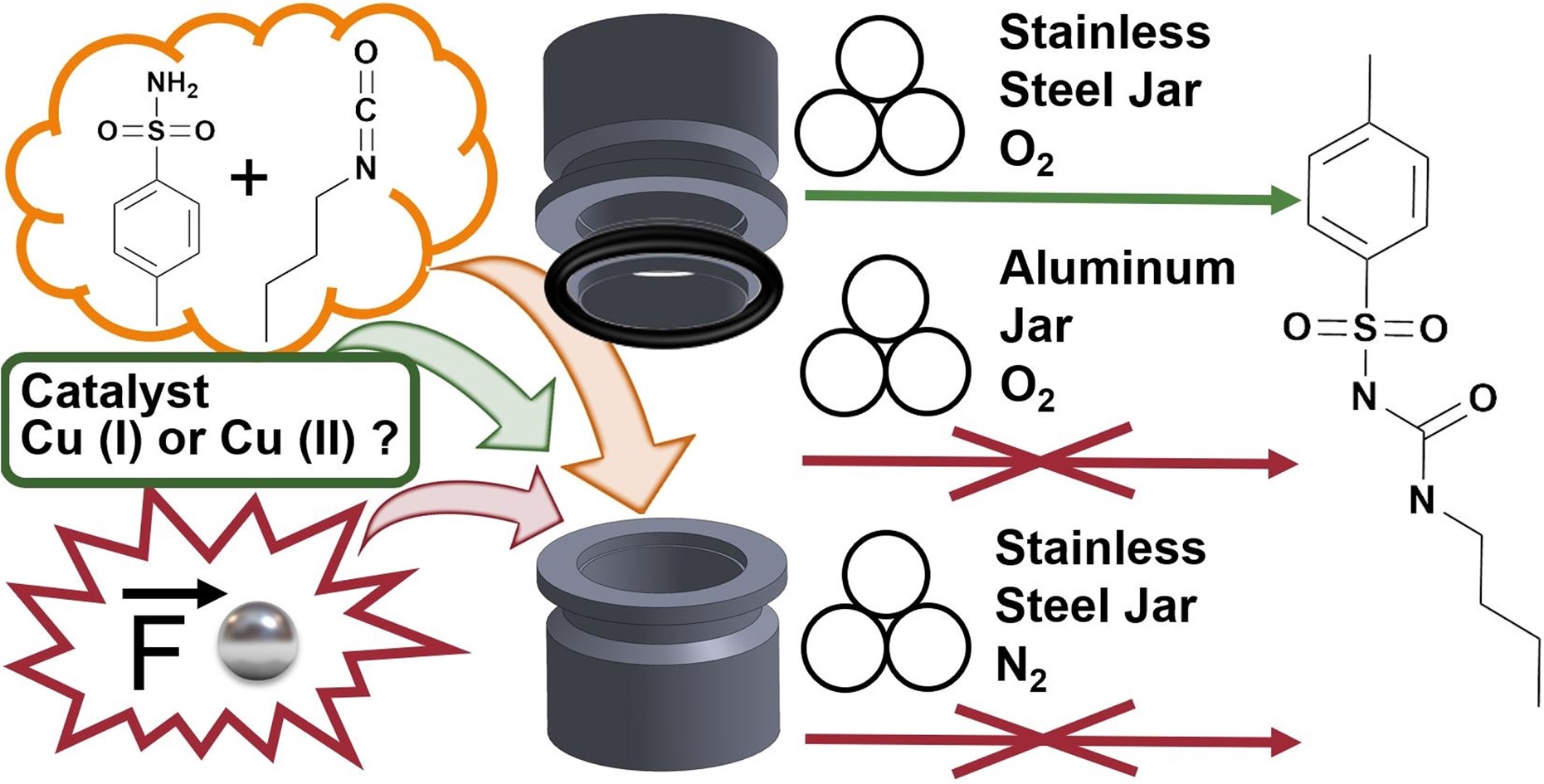

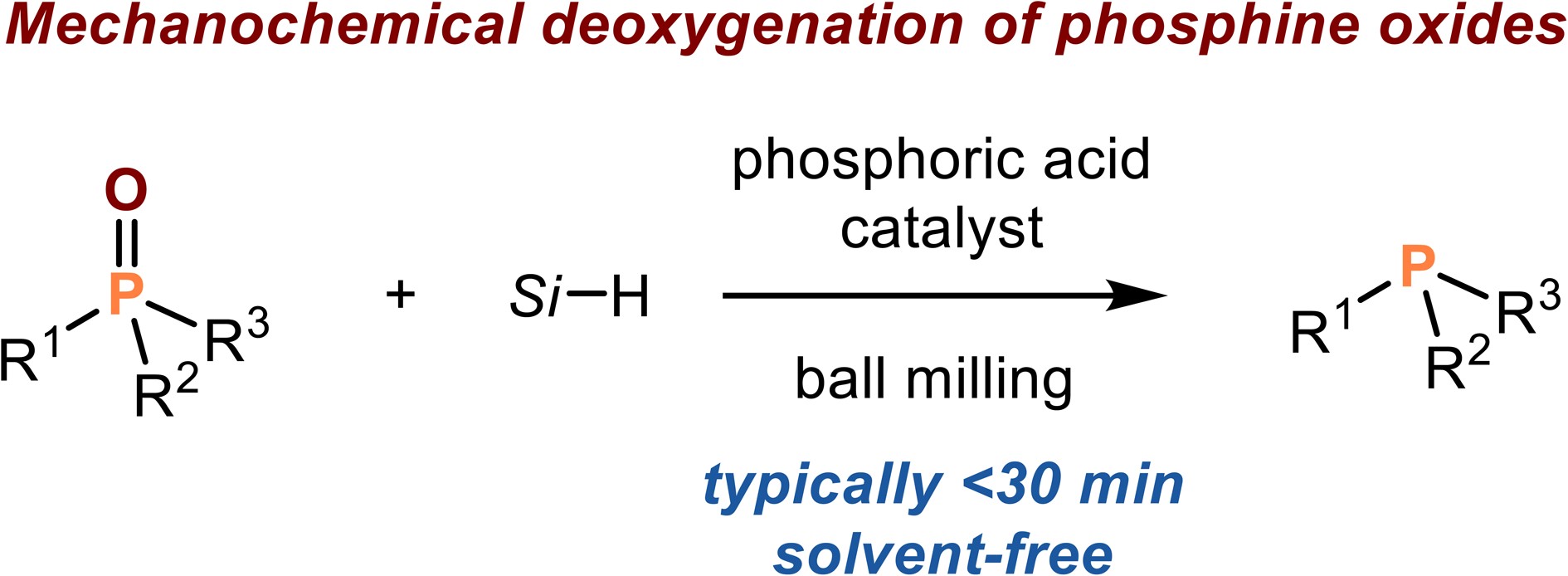
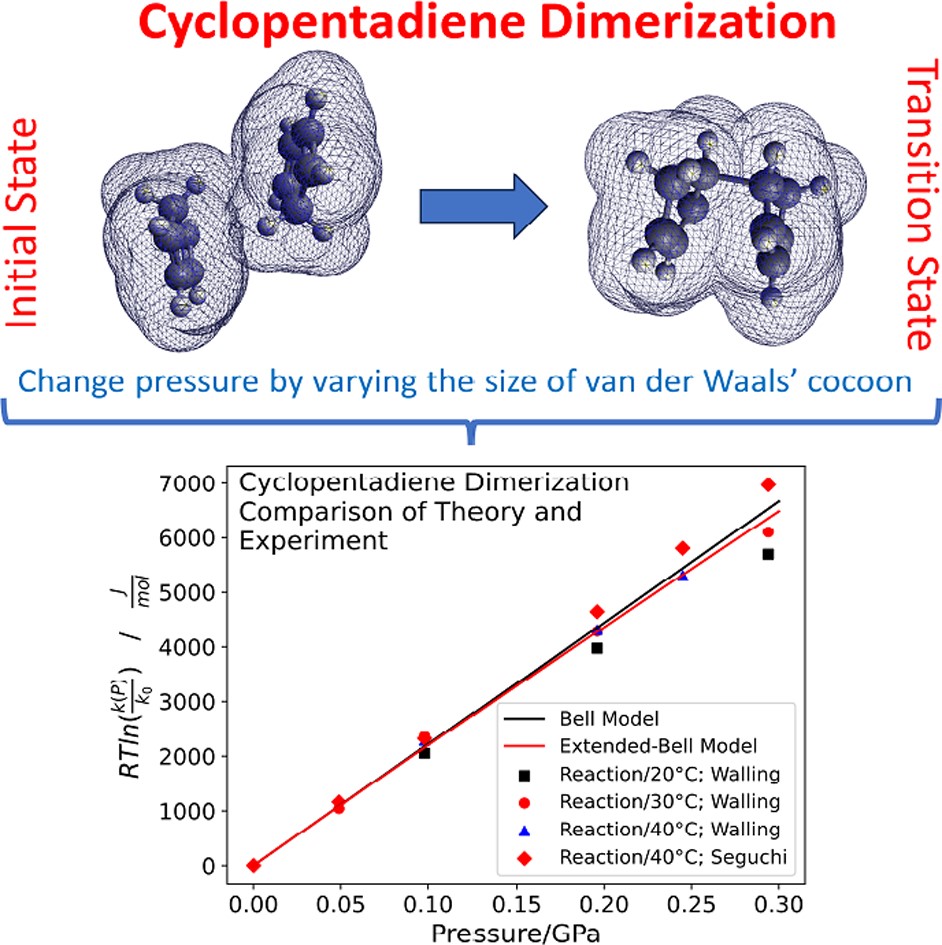
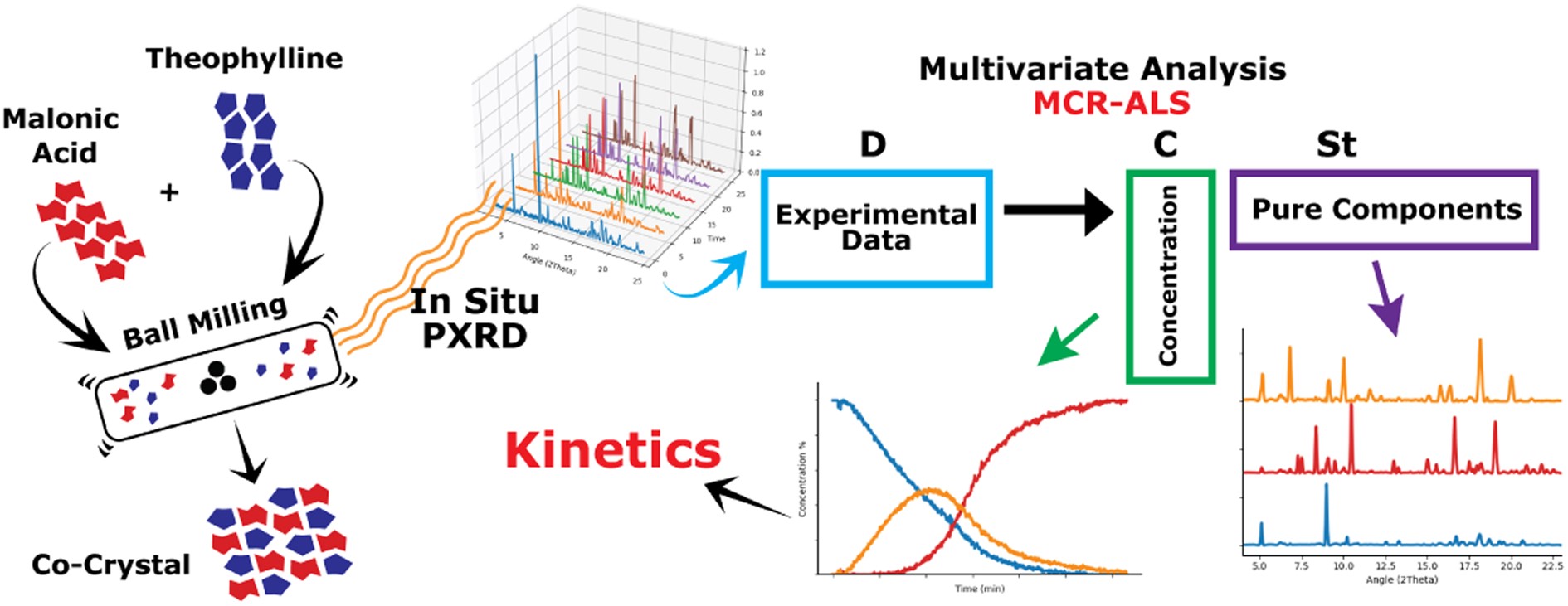
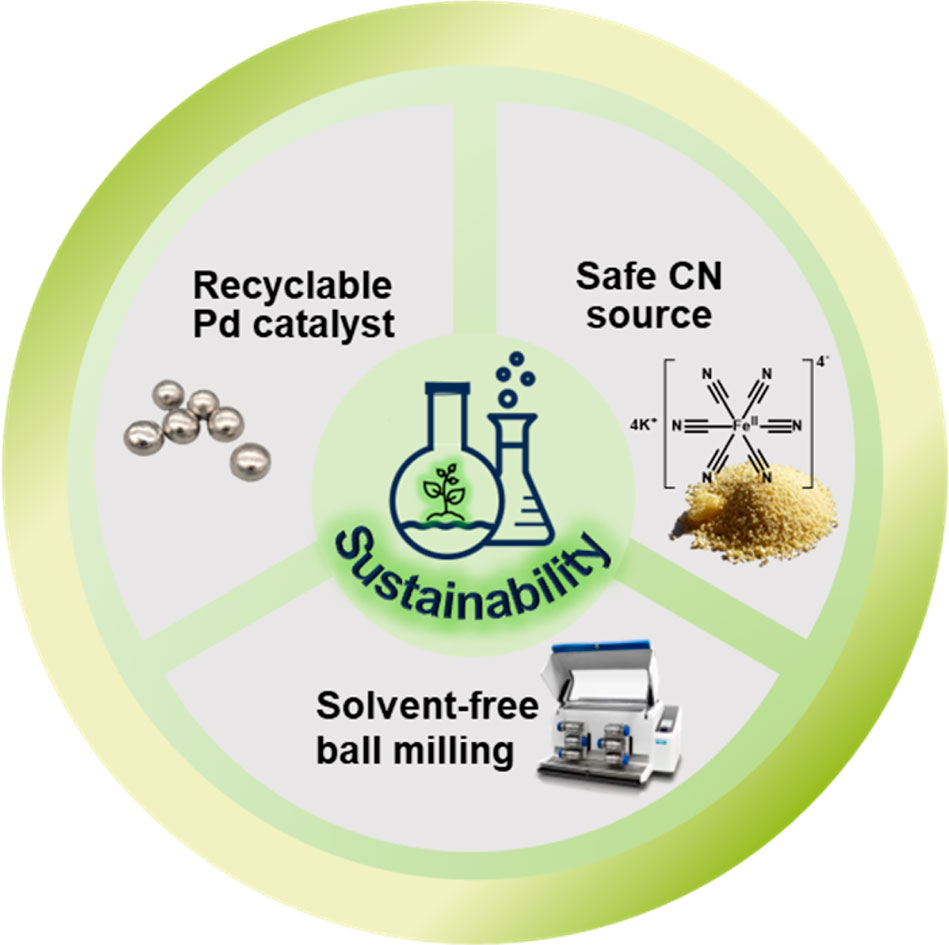

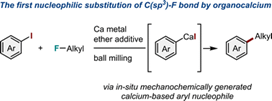
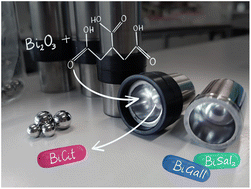
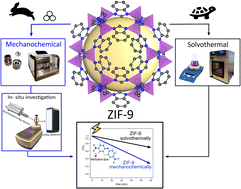
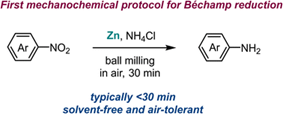
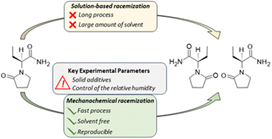
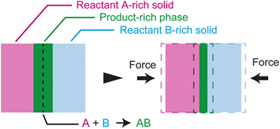
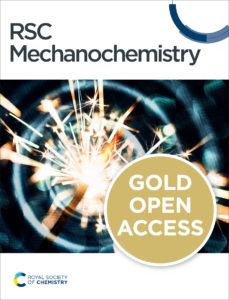
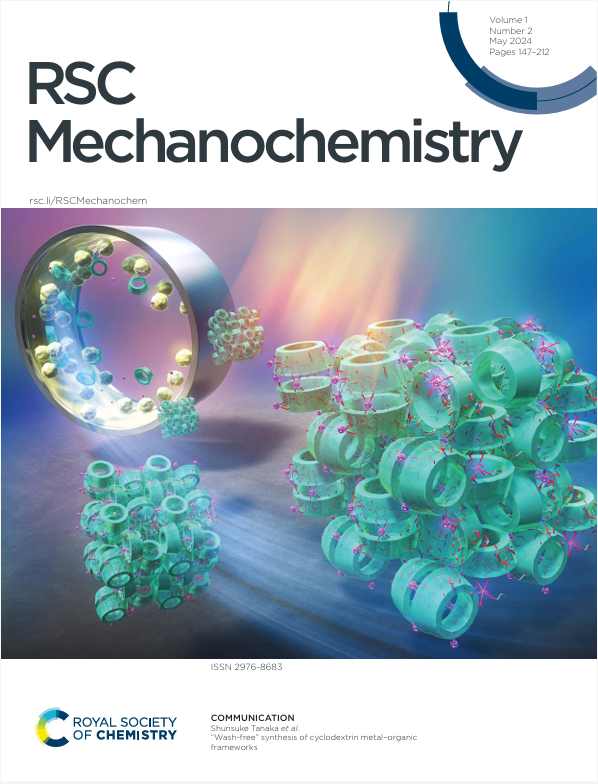
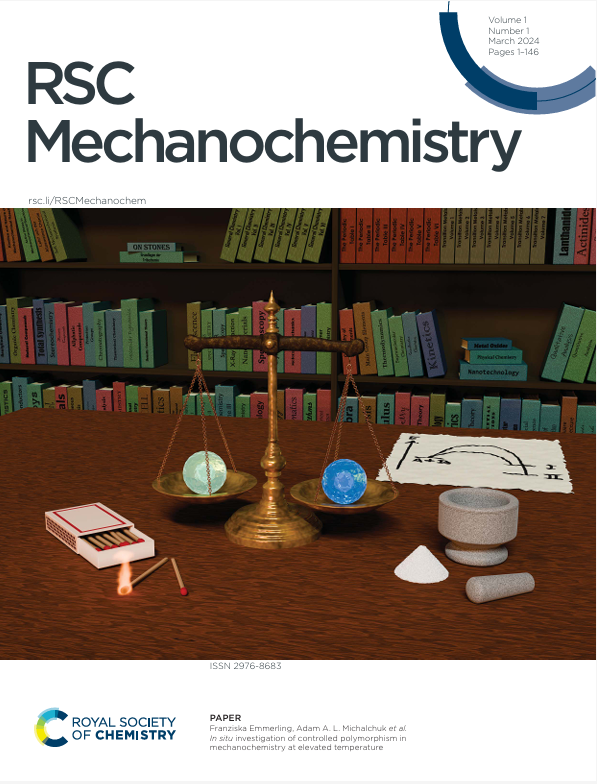
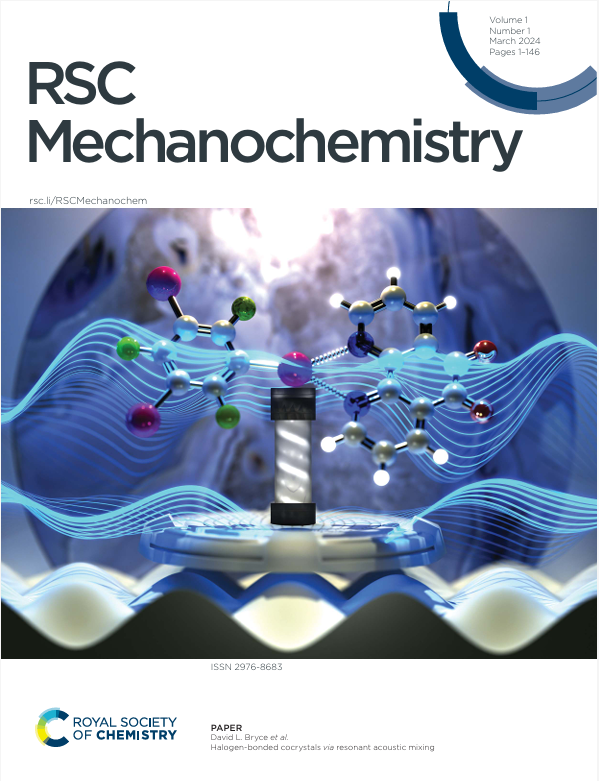
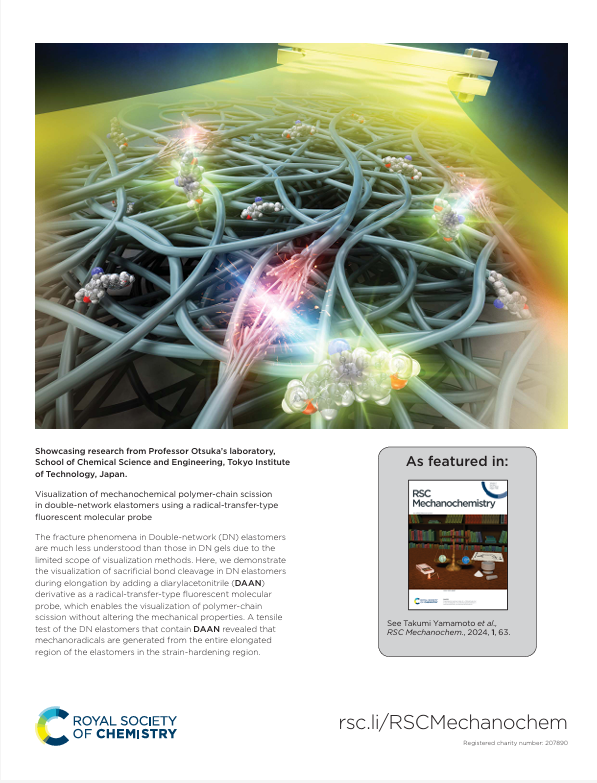
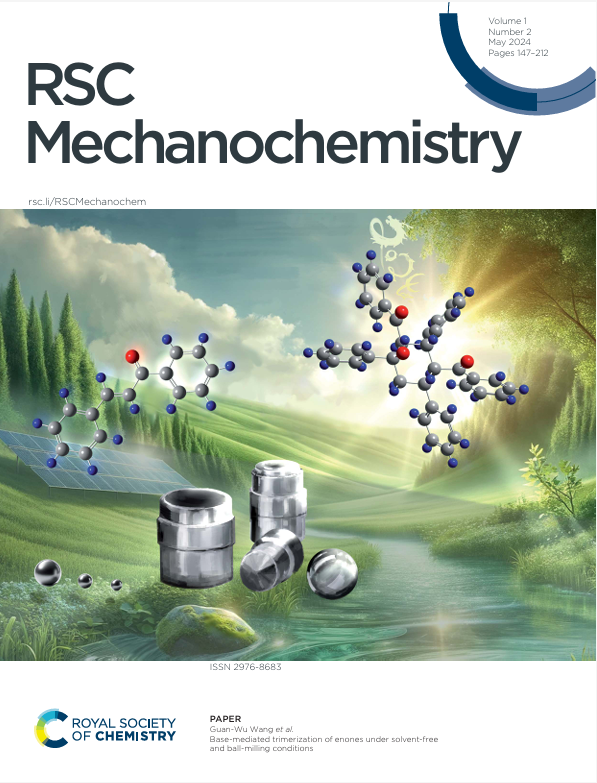
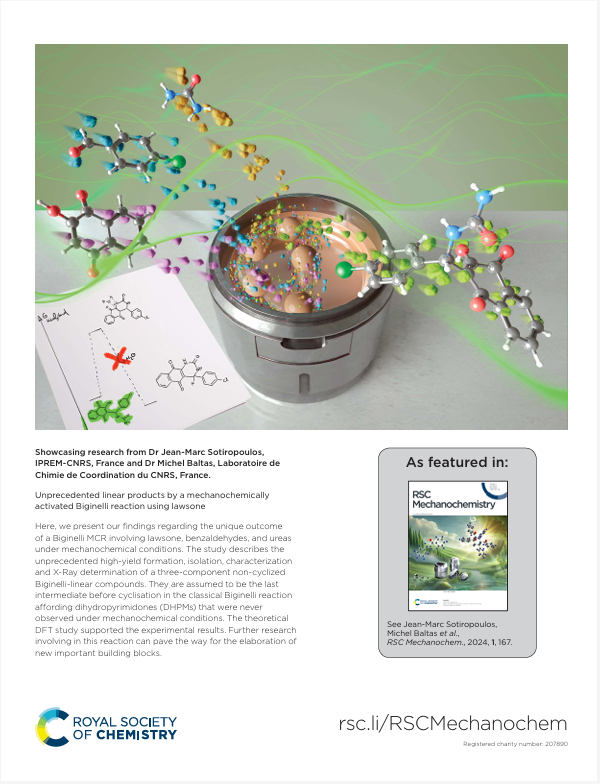
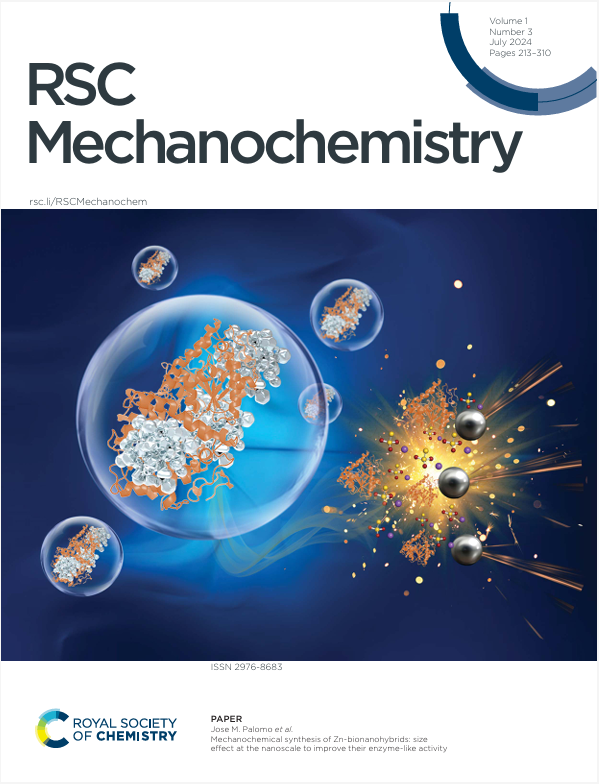
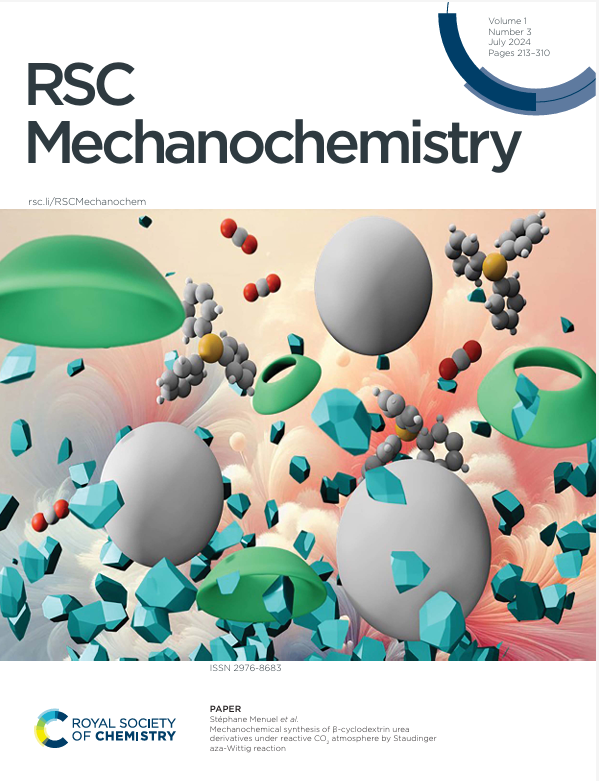
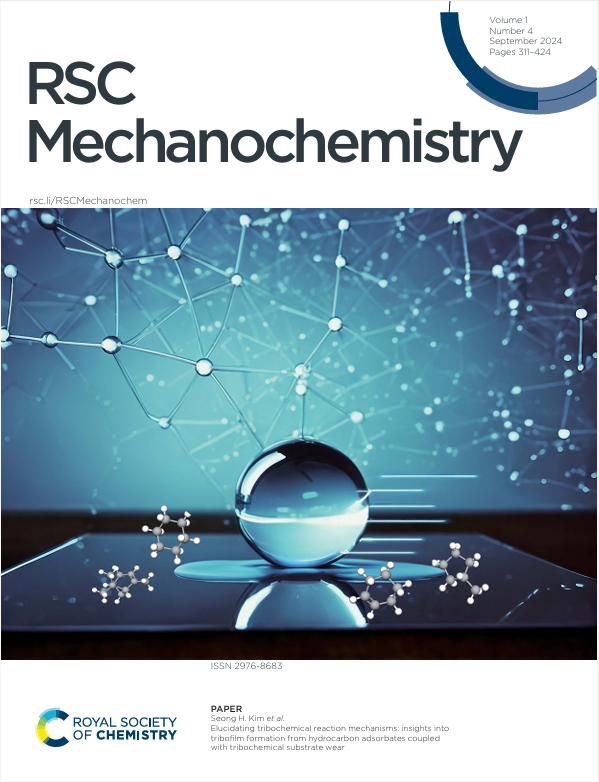
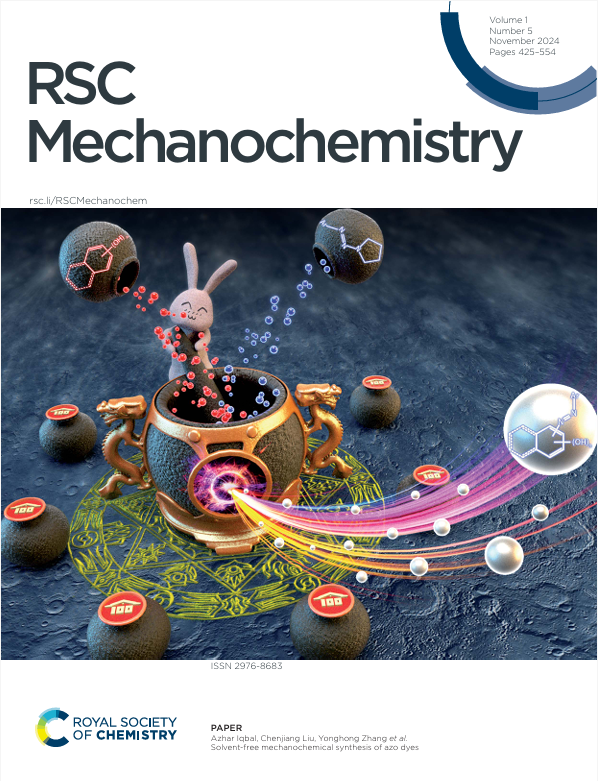
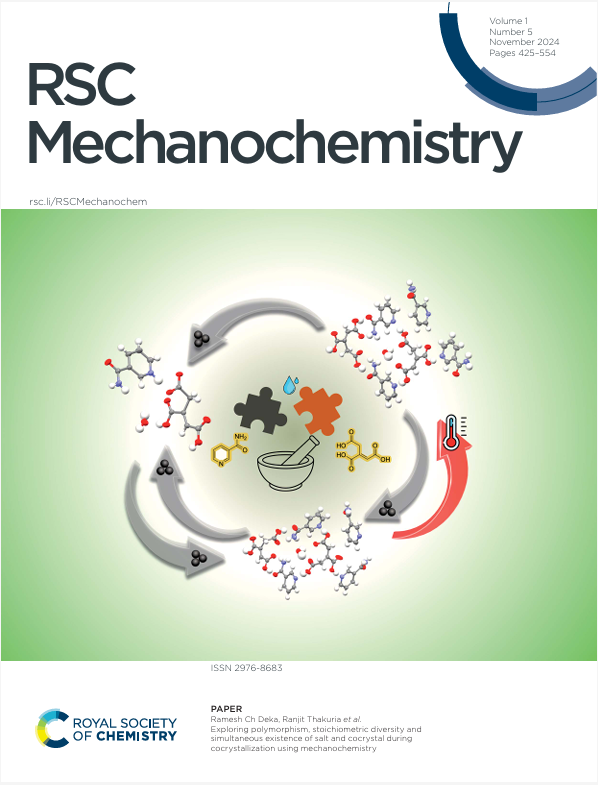
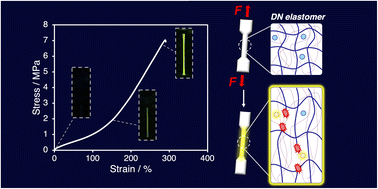
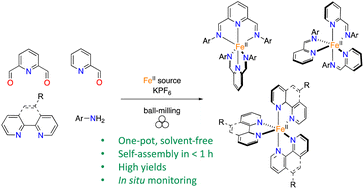
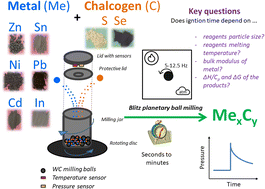













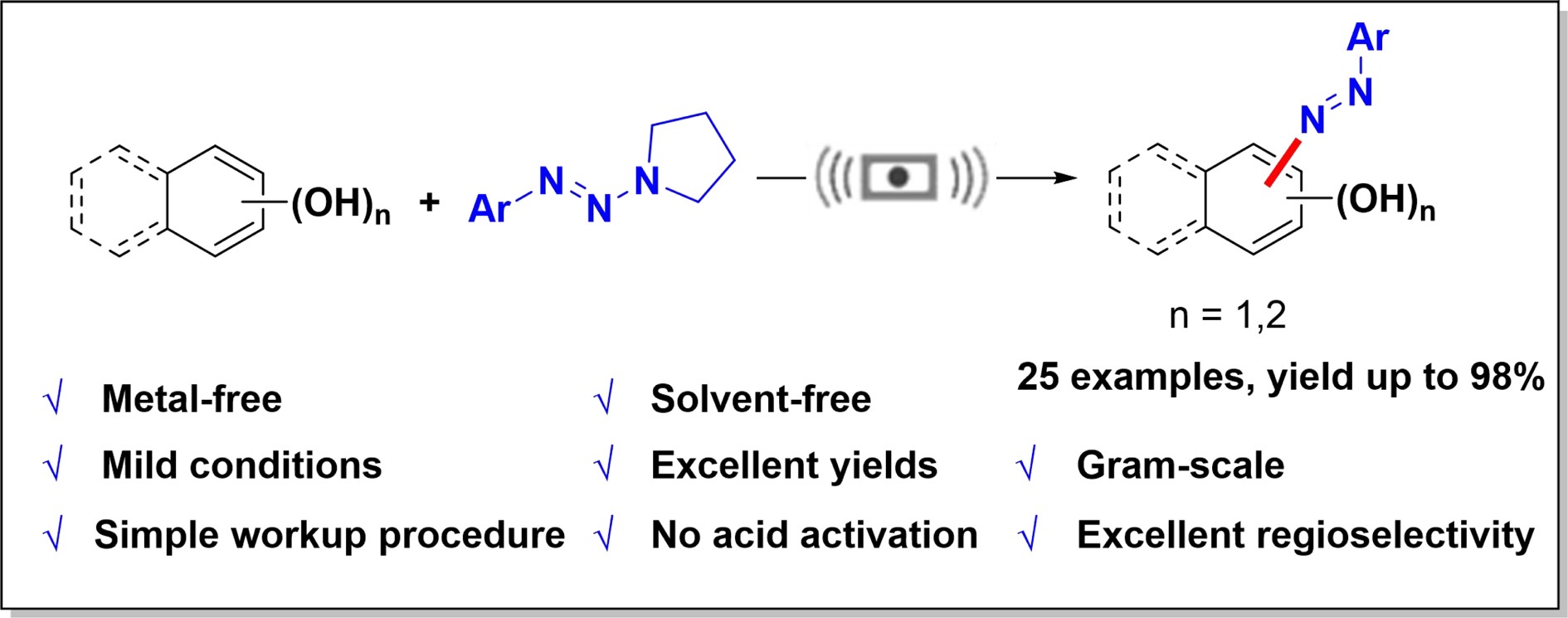


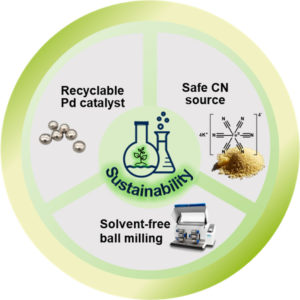
 In my field of soft matter mechanochemistry, we have seen some pretty exciting progress thanks to the development of increasing numbers of synthetic molecules that respond to mechanical force in specific ways. Some key examples are mechanochromic, mechanofluorescent and mechanoluminescent reporters, as well as force-triggered release mechanisms through mechanochemical linkers, reactions kick-started by radicals or mechanocatalysts, mechanochemical switches, and, more recently, artificial catch bonds. What is really exciting is that more and more of these mechanoresponsive systems are working in water, which opens up a lot of possibilities for integrating them with biological systems.
In my field of soft matter mechanochemistry, we have seen some pretty exciting progress thanks to the development of increasing numbers of synthetic molecules that respond to mechanical force in specific ways. Some key examples are mechanochromic, mechanofluorescent and mechanoluminescent reporters, as well as force-triggered release mechanisms through mechanochemical linkers, reactions kick-started by radicals or mechanocatalysts, mechanochemical switches, and, more recently, artificial catch bonds. What is really exciting is that more and more of these mechanoresponsive systems are working in water, which opens up a lot of possibilities for integrating them with biological systems. There is considerable evidence that mechanochemistry is often better than other synthetic methods, especially solution-based ones. Mechanochemistry uses mechanical force to drive chemical reactions, and it can be more efficient, resource-saving and environmentally friendly than traditional solutions.
There is considerable evidence that mechanochemistry is often better than other synthetic methods, especially solution-based ones. Mechanochemistry uses mechanical force to drive chemical reactions, and it can be more efficient, resource-saving and environmentally friendly than traditional solutions. Mechanochemistry has always been a paradigm-shifting method for conducting chemical reactions. While we often celebrate groundbreaking ideas in hindsight, they are not always embraced immediately. Consider Galileo Galilei, who faced life imprisonment for endorsing Copernicus’ theory that the Earth orbits the sun. Similarly, Alfred Wegener encountered not just skepticism, but outright hostility for proposing the concept of continental drift, suggesting that continents were once connected and moved across the Earth. One of Wegener’s detractors stated “It is certain the Wegener’s theory was established with a superficial use of scientific methods, ignoring the various fields of geology.” He continued to state “We can only try to keep our distance and beg him not to deal with geology any longer…” Even Einstein’s view of quantum physics was not all that favorable, famously stating “God does not play dice with the Universe” and describing what we now call quantum entanglement as “spooky action at a distance”. These examples highlight not just a mere clash of ideas, but also the hostility directed towards the individuals advocating them.
Mechanochemistry has always been a paradigm-shifting method for conducting chemical reactions. While we often celebrate groundbreaking ideas in hindsight, they are not always embraced immediately. Consider Galileo Galilei, who faced life imprisonment for endorsing Copernicus’ theory that the Earth orbits the sun. Similarly, Alfred Wegener encountered not just skepticism, but outright hostility for proposing the concept of continental drift, suggesting that continents were once connected and moved across the Earth. One of Wegener’s detractors stated “It is certain the Wegener’s theory was established with a superficial use of scientific methods, ignoring the various fields of geology.” He continued to state “We can only try to keep our distance and beg him not to deal with geology any longer…” Even Einstein’s view of quantum physics was not all that favorable, famously stating “God does not play dice with the Universe” and describing what we now call quantum entanglement as “spooky action at a distance”. These examples highlight not just a mere clash of ideas, but also the hostility directed towards the individuals advocating them. Mechanochemistry has the potential to revolutionise many industrial applications, such as energy, nanomaterials, and environmental remediation. By using mechanochemistry, our industry can potentially reduce their costs, waste, and environmental impact, while increasing their efficiency, quality, and innovation. Mechanochemistry can also enable the discovery of new compounds and mechanisms that are inaccessible by conventional methods.
Mechanochemistry has the potential to revolutionise many industrial applications, such as energy, nanomaterials, and environmental remediation. By using mechanochemistry, our industry can potentially reduce their costs, waste, and environmental impact, while increasing their efficiency, quality, and innovation. Mechanochemistry can also enable the discovery of new compounds and mechanisms that are inaccessible by conventional methods.